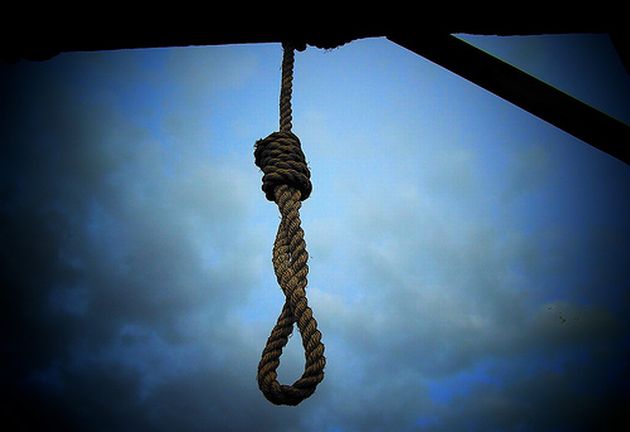Some laws in the making have no prejudices, ideological differences or disagreements. These bills of legislation not only ought to be passed but passed in one voice. On 6 August 2018, the Indian Parliament finally gave its overwhelming support and clearance to the Criminal Law (Amendment) Bill, 2018 which goes to amend the Indian Penal Code, Indian Evidence Act, the Code of Criminal Procedure and the Protection of Children from Sexual Offences Act. The new set of amendments carve out the classification of punishments for the offence of rape depending on the age of victims and situation or circumstance. It ensures a severe set of punishments for the convicts convicted for raping girls below twelve and sixteen years of age and gang rapes.
This new piece of legislation is highly logical and imperative in the current scenario of rampant sexual abuse and violation of children.
The amendment introduces a new provision in the Indian Penal Code whereby “whoever, commits rape on a woman under twelve years of age shall be punished with rigorous imprisonment” for a term not being less than twenty years and which may extend to imprisonment for life, meaning thereby imprisonment for the remainder of that convict’s natural life. Further, the convict could also get a death sentence for the said offence.
Additionally, the convict shall be liable for “such fine,” which “shall be just and reasonable to meet the medical expenses and rehabilitation of the victim.”
Are Indian Law Framers Themselves ‘Juvenile’?
Another new provision stands inducted in the Indian Penal Code whereby “whoever, commits rape on a woman under sixteen years of age shall be punished with rigorous imprisonment” for a term not being less than twenty years and which may extend to imprisonment for life, meaning thereby imprisonment for the remainder of that person’s natural life.
Like in the case of the victim being under the age of twelve years, in the instant case also, the convict shall be liable for “such fine,” which “shall be just and reasonable to meet the medical expenses and rehabilitation of the victim.”
However, there is no death sentence provision in the case of rape of a woman being above twelve years of age.
The amendment also brings about new provisions dealing with a gang or concerted rape. The severity of this provision is demonstrable by the language used in the further insertion. In the cases of rape of women being under the age of twelve and sixteen years” by one or more persons constituting a group or acting in furtherance of a common intention,” each person therein shall be considered and reckoned to have committed the offence of rape leading to the same set of respective punishments.
In cases of rape of women other than the above, the minimum imprisonment for the convicts’ stands raised from seven to ten years. Whereas the maximum jail term remains unaltered, which is life imprisonment.
The Code of Criminal Procedure has also been amended to facilitate quick disposal of rape cases. All investigations in the complaints of rape of women of defined age brackets shall be concluded at the police level within two months. The inquiry or trial in such cases shall be completed within two months from the date of filing of the charge sheet. Further, an appeal filed against a sentence passed in any rape case, regardless of age brackets, shall be disposed of within six months from the date of filing of the appeal.
The access to anticipatory bail provisions also stands denied to those accused of rape of women in the prescribed age brackets. Further, the process of regular bail also has been made more stringent in such cases.
Hanging to death not as inhuman as lethal injection, Government to SC
Likewise, this Criminal Law (Amendment) Bill, 2018 also makes similar facilitatory amendments in the Indian Evidence Act and the Protection of Children from Sexual Offences Act. This is done to ensure that the new provisions included afresh or substituted in the Indian Penal Code are enforced in their letter and spirit in related laws.
Undoubtedly, these new provisions of the law are exigent and pressing steps in the right direction to deter heinous offence of rape. But, these new provisions apply to the violation of women especially girls below the age of twelve and sixteen. In today’s time, the statistics have proved that there is even a more significant number of violation of male children. The new provisions, in comparison, do not recognize male rape as a heinous or severe offence. In other words rape of a minor male is not as grave as that of a female. Some also feel that it was a crucial time to even deal with marital rape more sternly and effectively.
Be as it may, the Indian parliamentarians or lawmakers need to be applauded and extolled for this assertively important legislation. An eventual corrective measure.
Disclaimer: The opinions expressed in this article are the personal opinions of the author. The facts and opinions appearing in the article do not reflect the views of NEWSD and NEWSD does not assume any responsibility or liability for the same.


















